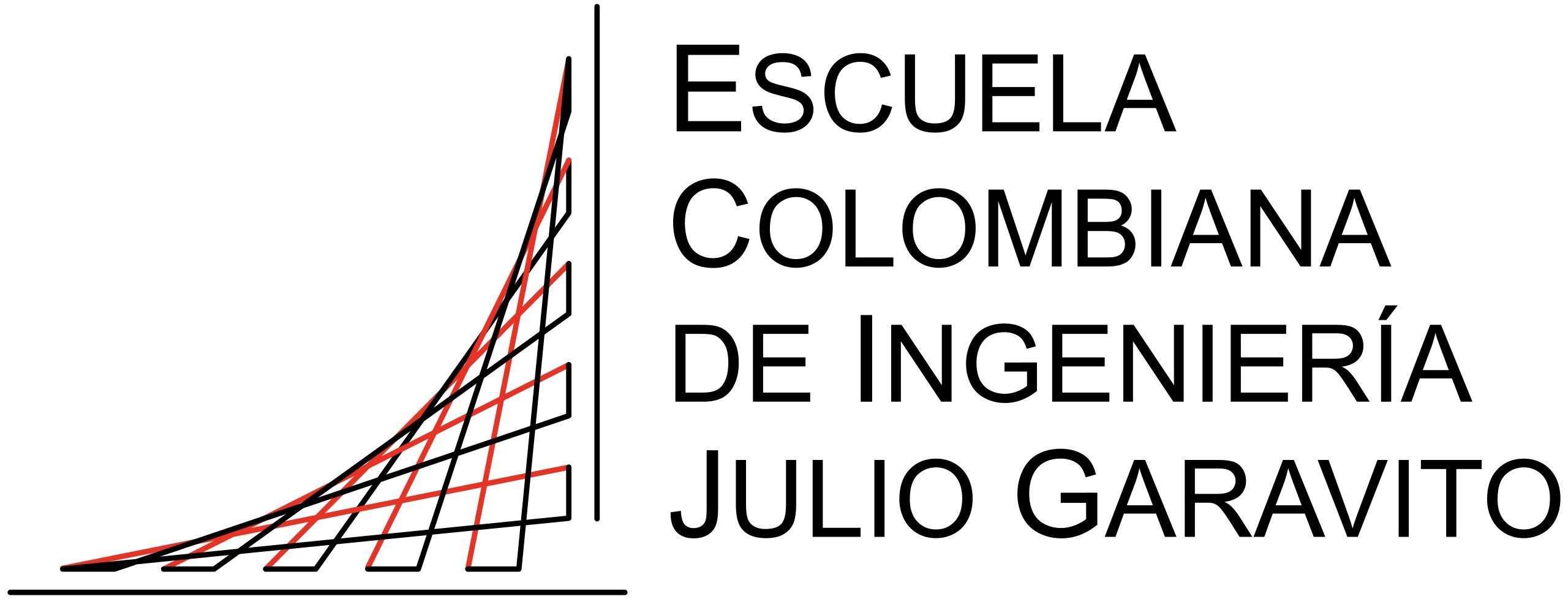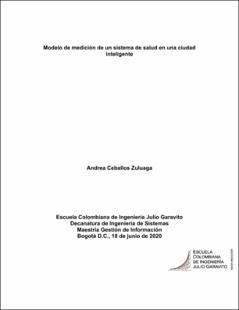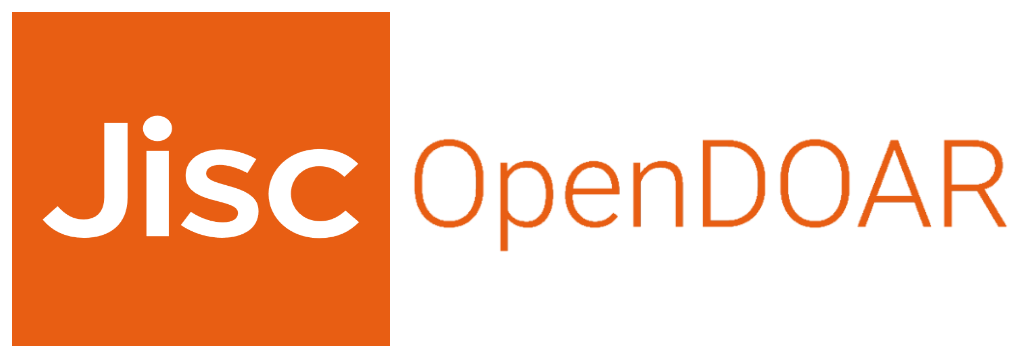Mostrar el registro sencillo del ítem
Modelo de medición de un sistema de salud en una ciudad inteligente
| dc.contributor.advisor | Benavides Navarro, Luis Daniel | spa |
| dc.contributor.advisor | Ospina Becerra, Victoria Eugenia | spa |
| dc.contributor.author | Ceballos Zuluaga, Andrea | spa |
| dc.date.accessioned | 2020-08-18T16:37:07Z | spa |
| dc.date.accessioned | 2021-10-01T16:08:54Z | |
| dc.date.available | 2020-08-18T16:37:07Z | spa |
| dc.date.available | 2021-10-01T16:08:54Z | |
| dc.date.issued | 2020 | spa |
| dc.identifier.uri | https://catalogo.escuelaing.edu.co/cgi-bin/koha/opac-detail.pl?biblionumber=22449 | spa |
| dc.identifier.uri | https://repositorio.escuelaing.edu.co/handle/001/1257 | |
| dc.description.abstract | A smart city is a dynamic system where its different dimensions constantly interact. A city is said to be smart when it solves its problems and manages to provide a better quality of life to its citizens (Khatoun & Zeadally, 2016) (Carvalho, n.d.) (Rjab & Mellouli, 2018) (United Nations, 2015). For this degree project, this definition is of great relevance since the proposal of a measurement system for a health system in a smart city and its associated maturity model will be based on it. Coming up with a proposal to measure the level of intelligence of a health system. Additionally, in this work it was defined that intelligence is associated with the generation of knowledge and the capacity of a city to solve its problems in an accelerated way. Regarding the quality of life, it can be improved in all the areas in which a citizen performs, however, the representatives of the member states of the united nations have defined a series of objectives that countries should achieve by 2030 on the global 2030 agenda. Among these goals, called the sustainable development goals or SDGs, is goal 3, "Health and well-being", which seeks to "Guarantee a healthy life and promote well-being for all at all ages" ( Organization of the united nations, 2017), which seeks to target the development of this undergraduate work, where a model will be provided that allows city leaders to know the degree to which they are achieving the sustainable development objective number 3 and other objectives that the city has in terms of health. In order to know to what extent the city is contributing to the fulfillment of the sustainable development objectives, it requires having a system of measures that allows it to know if it is managing to improve the quality of life with the actions it carries out. That is why in this work, a review will be made of the indicators currently used to measure the health systems in cities and then present a proposal that allows evaluating whether a city is achieving its objectives incrementally or intelligently. Additionally, a review of existing maturity models will be made so that a health system achieves intelligence, a proposed maturity model will be presented, and the city of Bogotá will be evaluated as a case study. At the end, a proposal for a measurement model of a health system in a smart city is found as a contribution to this project, where not only the state of a city is evaluated at a specific moment, but also how government actions have impacted the solution of your particular problems. Followed by this measurement model, a maturity model of a smart city is presented where the different steps that a city must take to reach intelligence can be observed, followed by a validation of the two models in the case of the Bogotá Study. | eng |
| dc.description.abstract | Una ciudad inteligente es un sistema dinámico donde sus diferentes dimensiones interactúan constantemente. Se dice que una ciudad es inteligente cuando resuelve sus problemas y logra brindar una mejor calidad de vida a sus ciudadanos (Khatoun & Zeadally, 2016)(Carvalho, n.d.)(Rjab & Mellouli, 2018)(United Nations, 2015). Para este trabajo de grado, esta definición es de gran relevancia pues la propuesta de un sistema de medición para un sistema de salud en una ciudad inteligente y su modelo de madurez asociado, se basarán en ella. Llegando a una propuesta que permita medir el nivel de inteligencia de un sistema de salud. Adicionalmente, en este trabajo se definió que la inteligencia está asociada con la generación de conocimiento y la capacidad de una ciudad de resolver sus problemáticas de una forma acelerada. En cuando a la calidad de vida, esta puede mejorarse en todas las áreas en las que un ciudadano se desempeña, sin embargo, los representantes de los estados miembros de las naciones unidas han definido una serie de objetivos que los países deberían lograr para el 2030 en la agenda mundial 2030. Dentro de estos objetivos, llamados los objetivos de desarrollo sostenible u ODS, se encuentra el objetivo 3, Salud bienestar que busca Garantiar una vida sana promover el bienestar para todos en todas las edades(Organización de las naciones unidas, 2017) al que se busca apuntar con el desarrollo del presente trabajo de grado donde se suministrará un modelo que permita saber a los dirigentes de las ciudades el grado en el que están logrando cumplir con el objetivo de desarrollo sostenible número 3 y demás objetivos que tenga la ciudad en términos de salud. Para poder saber en qué extensión la ciudad está contribuyendo al cumplimiento de los objetivos de desarrollo sostenible, esta requiere tener un sistema de medidas que le permita saber si sí está logrando mejorar la calidad de vida con las acciones que lleva a cabo. Es por ello que en este trabajo, se hará una revisión de los indicadores usados actualmente para medir los sistemas de salud en las ciudades para luego presentar una propuesta que permita evaluar si una ciudad está logrando cumplir sus objetivos de manera incremental o de forma inteligente. Adicionalmente, se hará una revisión de los modelos de madurez existentes para que un sistema de salud logre la inteligencia, se presentará un modelo de madurez propuesto y se evaluará como caso de estudio a la ciudad de Bogotá. | spa |
| dc.format.mimetype | application/pdf | spa |
| dc.language.iso | spa | spa |
| dc.publisher | Escuela Colombiana de Ingeniería Julio Garavito | spa |
| dc.rights | Derechos Reservados - Escuela Colombiana de Ingeniería Julio Garavito | spa |
| dc.rights.uri | https://creativecommons.org/licenses/by-nc/4.0/ | spa |
| dc.subject | Ciudades inteligentes | spa |
| dc.subject | Medición de sistemas de salud | spa |
| dc.subject | Sistemas de salud | spa |
| dc.title | Modelo de medición de un sistema de salud en una ciudad inteligente | spa |
| dc.type | Trabajo de grado - Maestría | spa |
| dc.type.version | info:eu-repo/semantics/publishedVersion | spa |
| oaire.accessrights | http://purl.org/coar/access_right/c_abf2 | spa |
| oaire.version | http://purl.org/coar/version/c_970fb48d4fbd8a85 | spa |
| dc.description.degreelevel | Maestría | spa |
| dc.description.degreename | Magíster en Gestión de Información | spa |
| dc.publisher.program | Maestría en Gestión de Información | spa |
| dc.rights.accessrights | info:eu-repo/semantics/openAccess | spa |
| dc.rights.creativecommons | Atribución-NoComercial 4.0 Internacional (CC BY-NC 4.0) | spa |
| dc.type.coar | http://purl.org/coar/resource_type/c_bdcc | spa |
| dc.type.content | Text | spa |
| dc.type.driver | info:eu-repo/semantics/masterThesis | spa |
| dc.type.redcol | http://purl.org/redcol/resource_type/TM | spa |
| dc.subject.keywords | Smart cities | spa |
| dc.subject.keywords | Healthcare measurement sistems | spa |
| dc.subject.keywords | Health systems | spa |
Ficheros en el ítem
Este ítem aparece en la(s) siguiente(s) colección(ones)
-
FC - Trabajos de Grado Maestría en Gestión de Información [87]
Trabajos de Grado de la Maestría en Gestión de información de la Escuela Colombiana de Ingeniería Julio Garavito












